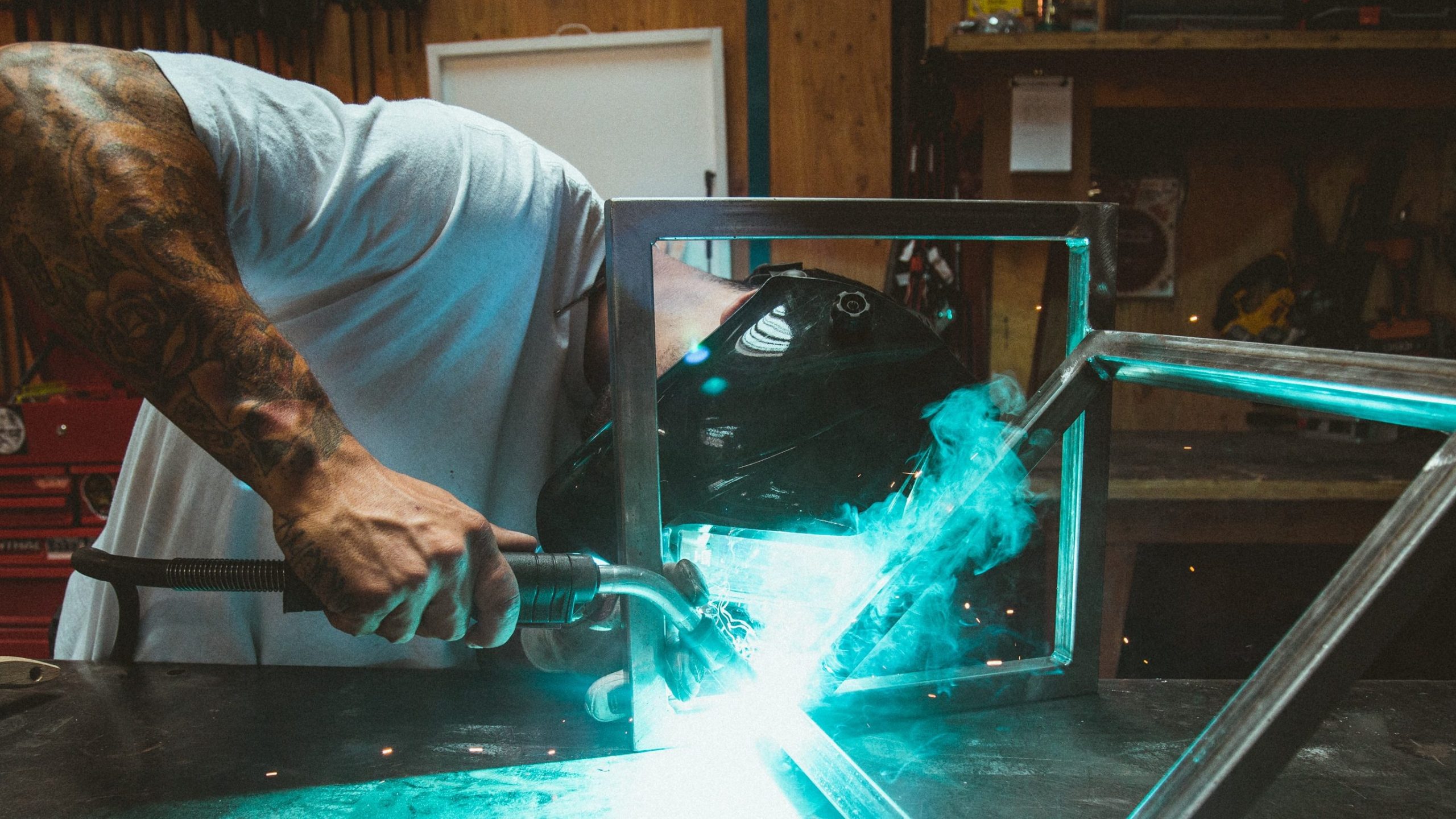
Tips for Staying Safe While Welding: A Comprehensive Guide
Welding is an essential process across various industries, but it comes with its own set of hazards. In this article, we’ll discuss practical tips to help you stay safe while welding, ensuring a secure and productive work environment.
- Tips for Staying Safe While Welding: A Comprehensive Guide
- 1. Understand the Welding Process
- 2. Get Proper Training and Certification
- 3. Wear the Right Safety Gear
- 4. Ensure Proper Ventilation
- 5. Inspect Your Equipment Regularly
- 6. Keep Your Work Area Clean and Organized
- 7. Follow the Manufacturer's Guidelines
- 8. Use Proper Lifting Techniques
- 9. Develop a Safety-First Mindset
- 10. Seek Continuous Learning
- Conclusion
- FAQs
1. Understand the Welding Process
Before diving into welding tasks, it’s crucial to fully comprehend the process you’ll be using. Familiarize yourself with the equipment, materials, and techniques required. Whether you’re working with MIG welding, TIG welding, or stick welding, understanding the fundamentals will help you mitigate risks and avoid accidents.
2. Get Proper Training and Certification
Receiving adequate welding training and certification is vital for ensuring your safety and the quality of your work. Certified welders are more likely to follow proper safety protocols and avoid errors that could lead to accidents.
3. Wear the Right Safety Gear
Wearing appropriate safety equipment is non-negotiable. Invest in a good-quality welding helmet, gloves, jackets, pants, safety boots, and respiratory protection. These items shield you from harmful fumes, electric shocks, burns, and other hazards.
4. Ensure Proper Ventilation
Proper ventilation is crucial to avoid exposure to harmful welding fumes and gases. Work in well-ventilated areas or use a fume extraction system to minimize the risk of respiratory issues and other health problems.
5. Inspect Your Equipment Regularly
Perform routine checks on your welding equipment to ensure it’s in good working condition. Inspect cables for damage, secure connections, and replace worn-out parts to prevent malfunctions and accidents.
6. Keep Your Work Area Clean and Organized
A cluttered workspace is a safety hazard. Keep your work area clean and organized, removing any flammable materials, tools, and debris that could pose a risk. A tidy workspace minimizes the chances of tripping, falling, or causing fires.
7. Follow the Manufacturer’s Guidelines
Always adhere to the manufacturer’s recommendations for your welding equipment. This will help you operate the equipment correctly and maintain it in optimal condition, reducing the risk of accidents.
8. Use Proper Lifting Techniques
Welding often involves lifting heavy materials and equipment. To avoid injuries, use proper lifting techniques, ask for assistance when needed, and use lifting aids if available.
9. Develop a Safety-First Mindset
Cultivating a safety-first mindset is crucial for staying safe while welding. Make it a habit to review safety guidelines regularly and encourage your co-workers to do the same. This will help everyone stay vigilant and focused on safety.
10. Seek Continuous Learning
Stay up-to-date with the latest welding safety practices and industry advancements. Continuous learning will help you develop your skills, stay informed, and maintain a high level of safety awareness.
Conclusion
By following these tips, you can greatly reduce the risks associated with welding and create a safer work environment. Remember, safety should always be your top priority, and staying vigilant is the key to avoiding accidents.
FAQs
Q: Can I weld in a confined space without proper ventilation?
A: No, welding in confined spaces without proper ventilation poses serious health risks. It’s crucial to ensure adequate ventilation or use a fume extraction system to minimize the risk of inhaling harmful fumes and gases.
Q: How often should I inspect my welding equipment?
A: Inspect your welding equipment before each use and perform routine maintenance checks as recommended by the manufacturer. Regular inspections will help identify potential issues and prevent accidents.
Q: Is it necessary to wear a welding helmet if I’m only performing a quick weld?
A: Yes, it’s essential to wear a welding helmet even for quick welding tasks. Welding helmets protect your eyes and face from harmful UV and IR radiation, sparks, and spatter.
Q: Can I weld near flammable materials if I’m careful?
A: No, welding near flammable materials poses a significant fire hazard. Always remove any flammable materials from your work area before starting any welding tasks.
Q: What should I do if I experience an electric shock while welding?
A: If you experience an electric shock, immediately stop welding and turn off the equipment. Seek medical attention if necessary and inspect your equipment and safety gear for any damage or defects.
